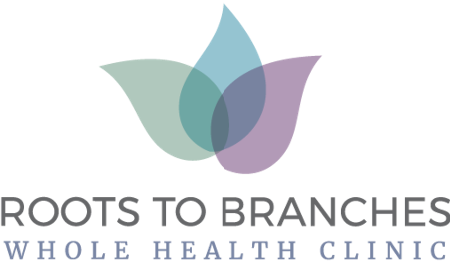One blood level that folks can get very stressed about in regards to their fertility is their AMH (Anti-Müllerian hormone) level.
AMH is a substance produced by cells in ovary follicles when they are in the preantral phase of development (meaning, they are very small and early in the growth phase).
Testing AMH is meant to help reflect the number of eggs, or someone’s “ovarian reserve.” AMH can come with a lot of anxiety and misconstrued information and that is why I am happy to summarize a recent article published by Quinn (2022) on it’s use:
What AMH can do:
- provide a reliable estimation of ovarian reserve
- help predict Gonadotropin medication prescription levels for ART and decrease risk of ovarian hyper-stimulation.
- higher levels of AMH can be part of the clinical picture to indicate a PCOS diagnosis (though it is not officially part of the diagnostic criteria yet)
- levels can vary within ages
- if levels are undetectable it can help estimate time to menopause
What AMH cannot do:
- AMH should not be used to predict fertility or exclude clients from undergoing ART because:
- low AMH does not mean you have reduced likelihood of getting pregnant naturally with each cycle, and
- having a high AMH does not mean that you have normal fertility
- Perhaps most importantly, AMH is a measure to estimate quantity, not quality of ovarian cells. And treatments such as IUI and IVF help to manipulate the quantity of follicles but not the quality – and this is where naturopathic medicine can come in!!
In summary, AMH is just one test that can help guide some decision making in your fertility journey and it is important that your value gets interpreted correctly.
PS. If you’d like an evidence-based, heart-centred naturopathic approach to help optimize your fertility and egg quality, I’d love to help. Book your initial fertility-focused appointment here. Want to get in sooner? Put your name on the wait list – and we’ll call you if a spot opens up 🙂
Reference:
Quinn, M., Cedars, M., Huddleston., H.G., et al. (2022). Antimullerian hormone use and misuse in current reproductive medicine practice: a clinically orientated review. F & S Reviews, 3(1), p 1.

